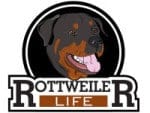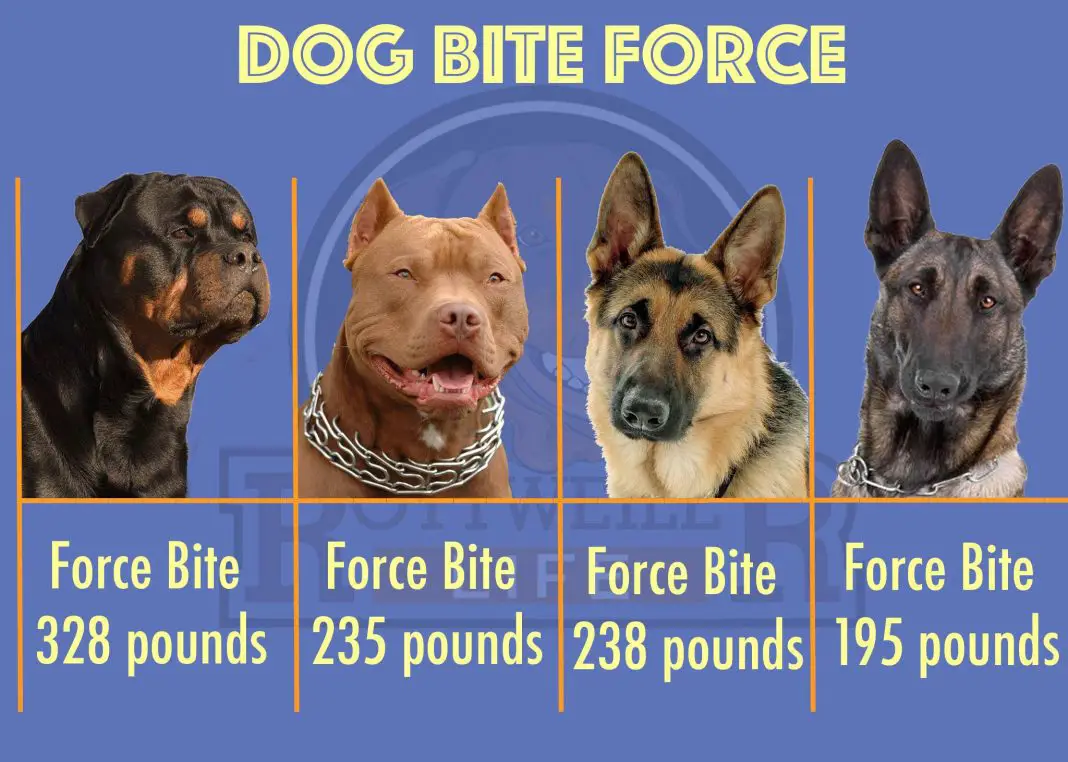Dog bite incidents can be distressing and unpredictable, leaving victims with physical injuries, emotional trauma, and legal concerns. Whether you are the victim or a bystander witnessing a dog bite, it is crucial to take immediate and thoughtful action. Reacting promptly can significantly impact the outcome of the situation, ensuring proper medical care, safeguarding yourself legally, and preventing future incidents.
In this article, we will discuss the essential steps to take after a dog bite incident, focusing on medical attention, legal responsibilities, and prevention measures.
Seek Immediate Medical Attention
The first and most critical step after a dog bite is to seek immediate medical attention, regardless of the severity of the wound. Even seemingly minor bites can lead to infection or complications if not treated promptly. Clean the wound thoroughly with soap and water, gently applying an antibacterial cream, and covering it with a sterile bandage. However, do not delay seeking professional medical help.
Visit a healthcare professional who can assess the wound, provide appropriate treatment, and administer necessary vaccinations, such as tetanus or rabies shots. If the injury is severe or the dog is unfamiliar, consider calling emergency services or visiting the nearest hospital immediately. Prompt medical attention not only ensures your well-being but also helps document the incident, which may be essential for future legal actions.
Understand Legal Responsibilities and Seek Compensation
After addressing your immediate medical needs, it is crucial to understand your legal rights and responsibilities in the aftermath of a dog bite incident. Depending on your location, the laws regarding dog bite liability can vary, so it is essential to familiarize yourself with local regulations. Identify the dog owner or the person responsible for the dog at the time of the incident.
Exchange contact information with them and gather any witnesses who saw the attack. Take photographs of your injuries and the location of the incident as evidence. Reporting the incident to the relevant authorities, such as animal control or the police, can also be beneficial. As explained by the Bourassa Law Group, in some cases, seeking legal counsel from a personal injury lawyer might be necessary to pursue compensation for medical expenses, lost wages, and pain and suffering. Understanding the legal aspects will help protect your rights and ensure appropriate action is taken against negligent dog owners.
Prevent Future Incidents
Prevention is key to ensuring the safety of yourself and others in the community from potential dog bite incidents. After a dog bite, it is essential to be cautious around unfamiliar dogs and avoid approaching them without the owner’s permission. When encountering an aggressive or unleashed dog, try to remain calm and avoid making sudden movements. Never leave young children unsupervised with dogs, even if they are familiar with the pet. Properly educating both children and adults about dog behavior and body language can go a long way in preventing misunderstandings and potential attacks.
Furthermore, if you are a dog owner, take responsibility for your pet’s behavior by providing proper training, socialization, and obedience classes. Remember, responsible dog ownership can prevent unfortunate incidents and contribute to a safer community for everyone.
Report the Incident to Animal Control
After receiving medical attention and ensuring your safety, it is essential to report the dog bite incident to the local animal control authorities. Animal control agencies play a crucial role in monitoring and managing potentially dangerous animals in the community. Reporting the incident helps create a record of the attack and enables authorities to investigate the dog’s history and behavior. By reporting the incident, you contribute to the safety of others, as it might help prevent future attacks by the same dog on other individuals or pets.
Animal control may take appropriate action, such as quarantining the dog for observation or determining if it poses a threat to public safety.
Seek Psychological Support if Needed
Experiencing a dog bite incident can leave emotional scars that might not be immediately apparent. Feelings of fear, anxiety, or even post-traumatic stress disorder (PTSD) can develop following such a traumatic event. If you find yourself struggling emotionally after a dog bite, seeking psychological support from a counselor or therapist can be immensely helpful. Professional support can assist in processing the emotions related to the incident, reduce anxiety, and aid in the healing process.
Additionally, support groups specifically designed for dog bite survivors can provide a safe space to share experiences and learn coping strategies from others who have been through similar situations.
Raise Awareness and Promote Responsible Dog Ownership
Advocating for responsible dog ownership and awareness in your community can be a proactive way to prevent future dog bite incidents. Collaborate with local organizations or animal shelters to organize educational workshops or events on dog safety and proper pet care. Encourage dog owners to vaccinate and spay/neuter their pets, which can positively impact their behavior.
Supporting local initiatives for leash laws and responsible pet ownership regulations can also foster a safer environment for everyone. By raising awareness about dog bite prevention and responsible pet ownership, you can play a vital role in creating a compassionate and safe community for humans and animals alike.
Educate Children on Dog Safety
Children are more vulnerable to dog bites due to their size and lack of understanding about canine behavior. As such, it is crucial to educate children on dog safety from a young age. Teach them how to approach dogs calmly and respectfully, avoiding sudden movements or loud noises that may startle the animal. Emphasize the importance of never bothering dogs while they are eating, sleeping, or caring for their puppies.
Encourage children to always ask for permission from a dog’s owner before petting the animal and to avoid making direct eye contact, as dogs may interpret this as a threat. By educating children on these fundamental dog safety principles, we can reduce the risk of potential incidents and promote a harmonious relationship between kids and pets.
Create Dog-Friendly Communities
Building dog-friendly communities can play a pivotal role in preventing dog bite incidents and fostering a harmonious environment for everyone. Local authorities and policymakers can work together with animal welfare organizations to designate off-leash areas, dog parks, and walking trails where pets can interact safely. Additionally, responsible dog owners can participate in organized group activities, such as obedience training or dog socialization classes, to ensure their pets are well-behaved and comfortable around other people and animals.
A dog-friendly community that encourages responsible ownership and promotes positive interactions between dogs and humans can significantly reduce the likelihood of dog bite incidents.
Follow Up on Medical Treatment and Legal Proceedings
After the initial medical attention and legal reporting, you should follow up on your medical treatment and any legal proceedings related to the dog bite incident. Continue to monitor the wound for signs of infection and follow your healthcare provider’s recommendations for dressing changes and care. If you have pursued legal action against the dog owner or responsible party, stay informed about the progress of your case and maintain communication with your attorney. Depending on the circumstances, the legal process may take time, but ensuring you are actively involved and updated can help achieve a fair resolution.
Handling a dog bite incident effectively requires a multifaceted approach that encompasses education, community engagement, and personal responsibility. Educating children on dog safety empowers them to understand and interact with dogs responsibly. Creating dog-friendly communities fosters positive relationships between humans and pets, reducing the risk of conflicts. Moreover, following up on medical treatment and legal proceedings ensures that you receive the necessary care and justice.
By integrating these additional steps into your response to a dog bite incident, you contribute to a safer, more compassionate world for both humans and their four-legged companions. Remember, collective efforts and proactive measures can make a significant difference in preventing dog bite incidents and creating a harmonious coexistence between dogs and people.



